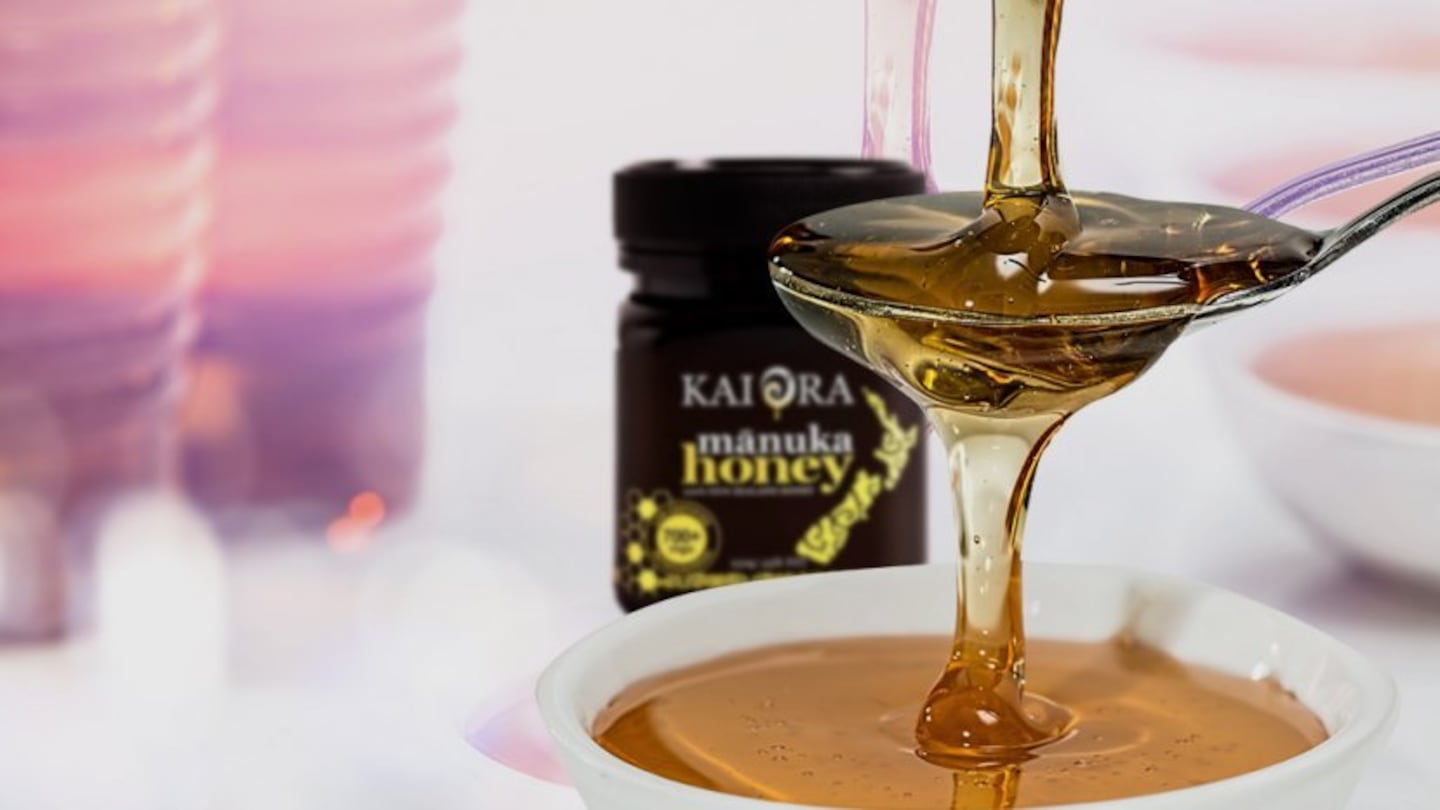Blanche Morrogh of Kaiora Honey, is part of the Prime Minister's trade mission in Australia. She's been praising the NZ-EU free trade deal that protects the brand and trademark of mānuka honey in the same way France has the sole right to the name champagne.
As the mokopuna of Wai 262 lead claimant Saana Murray, she sees this as one way of fulfilling the intent of the claim.
Morrogh remembers the "pain" experienced by her grandmother in her effort to fight for Māori interests in tāonga species and says that if she was still here, she would have celebrated the move.
“Looking to her in the past and the pain that she would have had and our whanaunga who were along on that journey of Wai-262 to bring it to the platform that it is today.”
“I know in my heart that she would be celebrating the years that were hard to get to where we are,” she says.
Morrogh is a part of the Prime Minister’s 31-strong trade delegation touring Australia. She’s not only using the trip to strengthen her connections in the Australian market but also to champion the indigenous knowledge that goes with her products.
Advocating for mānuka
“This has been a great year, an exciting year, as we launched into Australia with NZTE and its Made With Care programme,” she said.
She exports 60 million tonnes of honey to the world and, after the hardships during the pandemic, she’s hopeful that the trip will speed up the recovery phase.
“It's an emotional experience and it's a necessary one for us to start building the foundations upon which our rangatahi will continue in the years to come.”
On July 1, after four years of negotiations, the government signed the EU free-trade deal, which will see export revenue to the EU grow by up to $1.8 billion annually on full implementation. There will be duty-free access on 97% of New Zealand’s current exports to the EU; with over 91% of tariffs being removed the day the FTA comes into force.
But something closer to home brought Morrogh to tears. The agreement also provides a definition for ‘mānuka’ as the Māori word used exclusively for the Leptospermum Scoparium tree grown in Aotearoa New Zealand and derivative products such as honey and oil.
“With the announcement that mānuka is now isolated to Aotearoa as champagne is to France, it’s an honourable opportunity to advocate that while we’re here,” she says.

